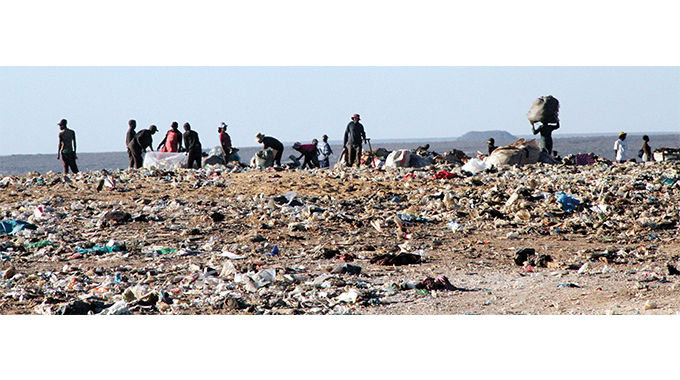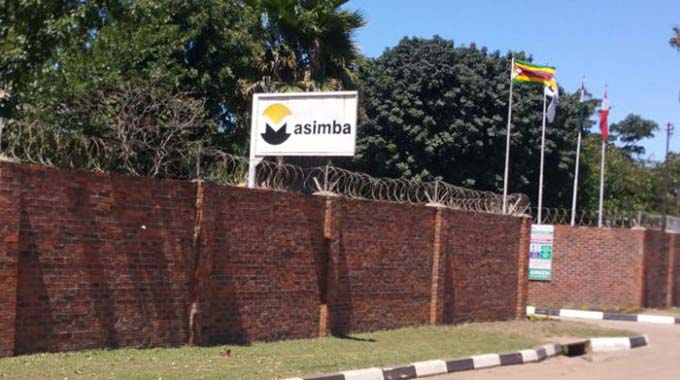Treasury scraps VAT deferral for importers
TREASURY has withdrawn the Value Added (VAT) deferments provision it had made available for operators with outstanding tax payments to enable them to import critical capital equipment.
The withdrawal of the facility is with immediate effect. The provision was designed to facilitate the importation of capital equipment with a minimum value of US$500 000.
Under the VAT Act, specified sectors that include agriculture, manufacturing, mining, health, and aviation industries are considered for VAT deferment for a period not exceeding six months on imported capital equipment.
Finance, Economic Development and Investment Promotion Minister Professor Mthuli Ncube said in a notice over the weekend that the facility was intended to provide cashflow relief to taxpayers who import capital equipment with a minimum Cost, Insurance and Freight (CIF) value of US$500 000.
“Treasury notes with concern, the number of beneficiaries that are not honouring their VAT obligations upon the expiry of the deferment periods.
“In view of the above, the following measures shall apply with immediate effect: VAT deferments granted to operators with outstanding VAT payments on tax deferred are hereby withdrawn forthwith.
“This means that tax is payable immediately, failure of which enforcement measures are provided in the tax legislation will be applied,” he said.
“Operators who have defaulted on VAT deferred shall with immediate effect, no longer qualify for the facility.
“No further tax concessions, in whatever form, will be granted to operators who have previously failed to honour their VAT obligations on tax-deferred, including failure to honour taxes due on other tax heads.”
Tax expert Mr Trust Chiroora said the move by the Treasury to withdraw VAT deferment for defaulting importers may be a good for the fiscus as it is meant to enforce punctuality among beneficiaries of the facility, which in turn safeguards revenue.
“Before the relevant regulations are gazetted, there is a need to examine why beneficiaries are failing to comply, and also consult with industry to ensure an informed policy position.
“The stance taken by Treasury may not be so well received by importers whose failure to comply may be due to genuine cash flow or working capital constraints.
“Some industries may be capital intensive and the imported equipment may have lengthy gestation periods before fully installed and commissioned that the window period for VAT deferment may lapse before it starts generating revenue.
“This can push such importers off the cliff,” he said.
Ideally, Mr Chiroora said, regulations may need to consider individual cases, setting capital or machinery value thresholds for lengthened VAT deferment periods may be beyond the current 180 days.
In addition, Prof Ncube said any application for VAT deferment shall, with immediate effect, be accompanied by a statement from the commissioner general confirming that the operator was compliant with their tax obligations.
He said a tax clearance certificate will not be accepted as sufficient evidence of tax compliance status.
On imported capital equipment, Prof Ncube reminded importers and trade facilitation agents that since July 2022, the rebate of duty on imported capital equipment for the above-specified industries was incorporated into the national harmonised system of tariff nomenclature, with a 0 percent customs duty on imported capital equipment.
“This policy stance is meant to streamline administrative processes and ease the cost of doing business.
“The VAT payable can be deferred, subject to the legislative provisions and tax compliance status of the beneficiary.
“Treasury will, thus, not consider applications for rebate of duty on importation of capital equipment. The productive sector, Government ministries, departments and agencies should, thus be guided accordingly,” he said.-herald










